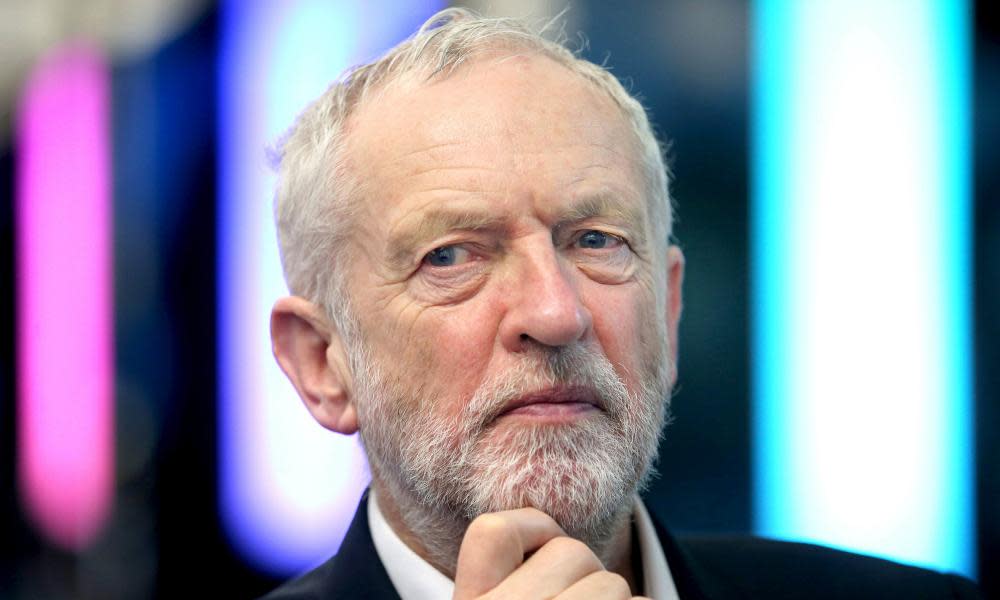After May’s humiliation, Labour must seize the initiative on Brexit

Sometimes the most devastating revelations are those which are already obvious. Theresa May’s Chequers proposals were dead before the Salzburg summit, killed off by her own party long before Donald Tusk stuck the knife in, but their demise leaves her stranded. The government now faces a choice between a hard border in Ireland on the one hand, and a humiliating climbdown into the EEA on the other.
This is a crisis for the government but it raises questions about Labour’s position, too. If the EU won’t entertain May’s proposals, then the idea that a Jeremy Corbyn-led government could come to power and deliver a bespoke Labour Brexit before March 2019 is effectively out of the window.
With it disappears any superficially “left” case for leaving the EU. Forget escaping the EU’s state aid rules, which in any case are far less restrictive than some would lead you to believe. If Labour came to power between now and March, the only offer it could make, both to the electorate and to the EU commission, would be an off-the-shelf Norway-style deal. This would be exactly the same as EU membership, the only difference being that Corbyn, the most radical head of government in Europe for decades, would have no voice.
This should be a moment of opportunity for Labour and the wider left. The Tories’ Brexit agenda was never about restoring sovereignty to ordinary people – its purpose is to deregulate the British economy and bring us more in line with the American mode, permanently shifting the balance of power in society. By deploying a narrative about the economic crisis that blamed immigration falling living standards, the Brexit project aimed, via the means of a popular vote, to be on the winning side of history.
But, as delegates gather for Labour conference this week, the Conservatives have now botched the negotiations to the point where the only options on the table are a major hit to living standards on one hand, and a vassal state situation on the other. In this context, and as a result of May’s incompetence, Labour can be clear that it has no choice but to go back to the people and back a fresh referendum on the terms of the deal. Saying so would, according to YouGov polling released today,, gain Labour 1.5m votes and 66 seats in an election.
The Labour conference is likely to be dominated by this debate. After a summer in which Unite, the GMB and the TUC have slowly moved towards backing a fresh referendum, 150 motions have been submitted on Brexit. In spite of attempts to weaponise the issue against Corbyn, this is now a campaign led by the left – a grassroots surge centring on the need to defend migrants and free movement, protect the rights and prosperity of working-class people, and push back against the ideological project that Brexit represents.
Everyone now recognises that defeating the Tories’ Brexit agenda is Labour’s only path to government before 2022. There is a consensus that Labour should vote against May’s deal, if there is one, when it is presented to parliament. There is also a consensus that a general election and a radical Labour government is the goal of the strategy. But Labour needs to clarify what it would say about Brexit in any manifesto, and it needs to be clear about its demand if, as is likely, no general election happens. On both points, there is an inexorable logic that points towards a referendum on the deal.
This is a difficult time for the Corbyn project. On one flank, it faces the prospect of an SDP-style split that would fatally undermine Labour’s electoral prospects. On the other, it faces a support base that is up in arms about attempts by unions and the leadership to block open selections and enforce a higher threshold for leadership elections.
There is an alternative to a split, and to using the “party management” machine to crush the left’s own grassroots. By backing a referendum and endorsing a roadmap out of the nightmare of Tory Brexit, Corbyn can kill off the political pretext for a split from the Labour right. Instead of horse-trading with union leaderships and placating the parliamentary party, Corbyn can stick to his principles and make the case for democracy – in the party, and, ultimately, in the country.
• Michael Chessum is a freelance writer and socialist activist

 Yahoo News
Yahoo News 
